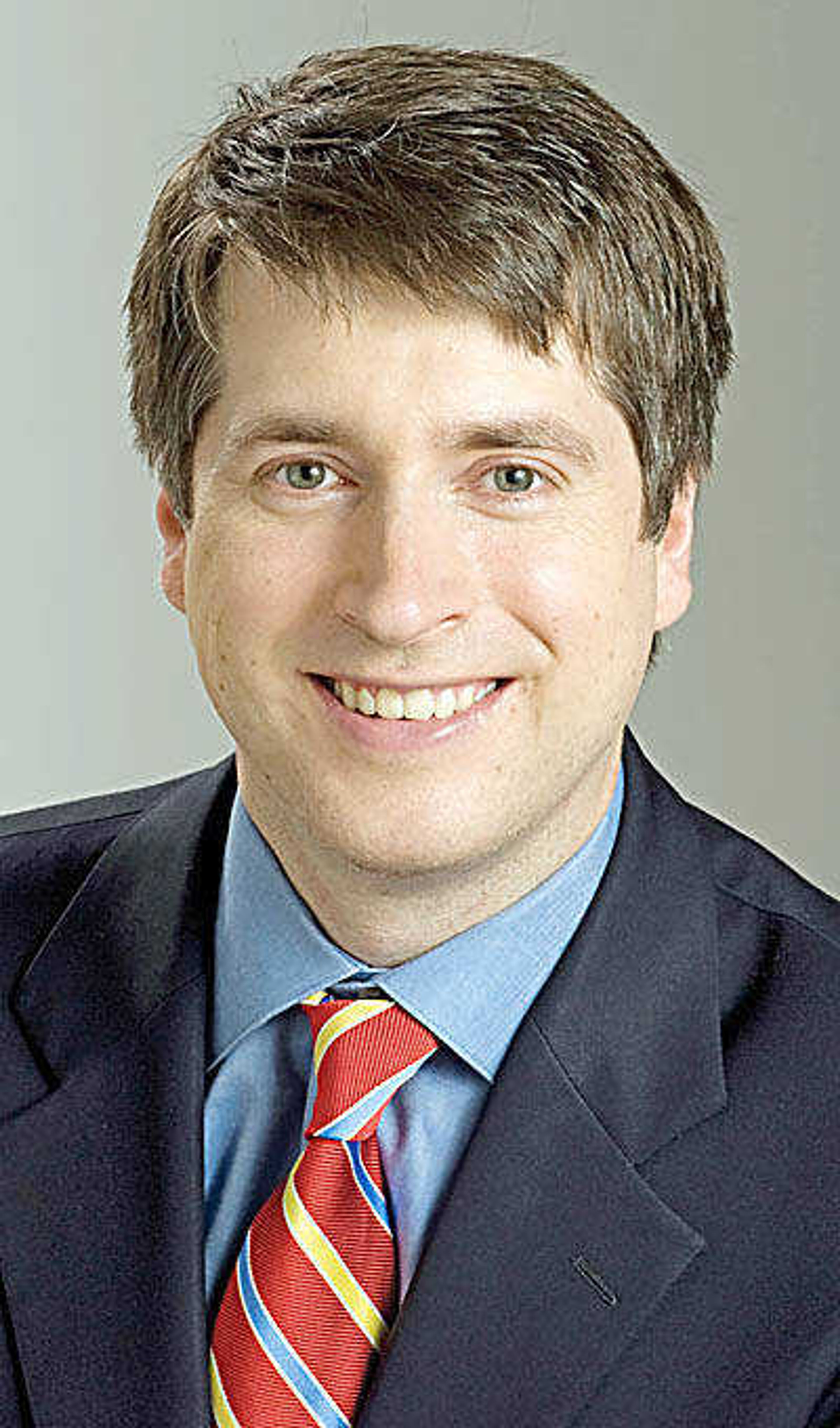Donald Trump is the establishment front-runner in 2024
In 2015, Donald Trump burst on the scene with a megaphone, a populist message, an army of grassroots supporters -- and not much else. If he runs for the Republican nomination again, as seems likely, it will be different. Early in his first presidential campaign, he had to be grateful for every small crumb of support from Republican officialdom -- an endorsement from then-Sen. Jeff Sessions, or former New Jersey Gov. Chris Christie...
In 2015, Donald Trump burst on the scene with a megaphone, a populist message, an army of grassroots supporters -- and not much else.
If he runs for the Republican nomination again, as seems likely, it will be different.
Early in his first presidential campaign, he had to be grateful for every small crumb of support from Republican officialdom -- an endorsement from then-Sen. Jeff Sessions, or former New Jersey Gov. Chris Christie.
Now, Trump is a former president of United States who looms incredibly large over his party. He and his loyalists have forged a new establishment, a MAGA establishment, that will have his back when no such pro-Trump structures existed the first time around.
He effectively owns the Republican National Committee, which fundraises relentlessly off his name and image and pays his legal bills.
His record of endorsements in the run-up to the midterms isn't as strong as he likes to portray it, and he's played games to bolster his record -- endorsing ERIC in the Missouri gubernatorial primary between Attorney General Eric Schmitt and disgraced former governor Eric Greitens. (Lo and behold, Eric won -- Schmitt, that is).
Nonetheless, there are Republicans he's backed scattered all over the landscape. Not all of them will win in November, but many of them will, and occupy offices from governor to dogcatcher. Even the ones who aren't sincere Trumpists will feel some debt to their endorser.
Trump will be lavishly funded. He's sitting on a war chest of more than a $100 million.
And he's created a government in waiting centered on the America First Policy Institute, giving him off-the-shelf policy and personnel options that establishment candidates typically have, but Trump didn't in 2016.
So, Trump will be in a formidable position if he runs. He'll be the anti-establishment candidate who can still tap grassroots passion while bringing to bear much more organizational oomph than when he campaigned on the strength of rallies, tweets, and TV appearances during his inaugural run.
Yet, there are limits to how much institutional advantages matter, as Trump proved in the course of defeating every other Republican candidate in 2016. If people are fundamentally looking for something else, all the name identification, the money, endorsements, and organizational apparatus in the world mean nothing.
It is always a peril of establishment candidates that they appear stale. As for Trump, there's no way he can seem as fresh as he once did out of the gate. In 2024, he will have spent nearly a decade at the top of national politics, the kind of longevity that makes a political figure vulnerable to the interesting new thing.
In this case, of course, that may well be Florida Gov. Ron DeSantis. Trump still trounces him in most national polls, but a recent USA Today/Suffolk had DeSantis trailing him only by nine. A couple of Florida polls conducted the last few weeks have the governor beating Trump in the Sunshine State, where he has a home-field advantage, of course, although it is still striking to see the former president trailing anywhere.
Establishment front-runners are also always at risk of appearing backward-looking, as they often seek to preserve the status quo or return to a lost time. Trump, for all his disruption, is vulnerable to this pitfall with his obsession over the 2020 election. In 2016, he brought fresh issues to the table with great resonance for voters; this time, he's caught up in a past issue that matters most to him personally.
Is it better to run for president on gut instinct in a madcap, against-the-odds crusade that rewrites all the political rules, or to run in a well-worn groove with some impressive organizational support in pursuit of a political restoration? Trump 2016, or Trump 2024, or both? We'll find out when and if the establishment front-runner gets in the 2024 race.
Connect with the Southeast Missourian Newsroom:
For corrections to this story or other insights for the editor, click here. To submit a letter to the editor, click here. To learn about the Southeast Missourian’s AI Policy, click here.










